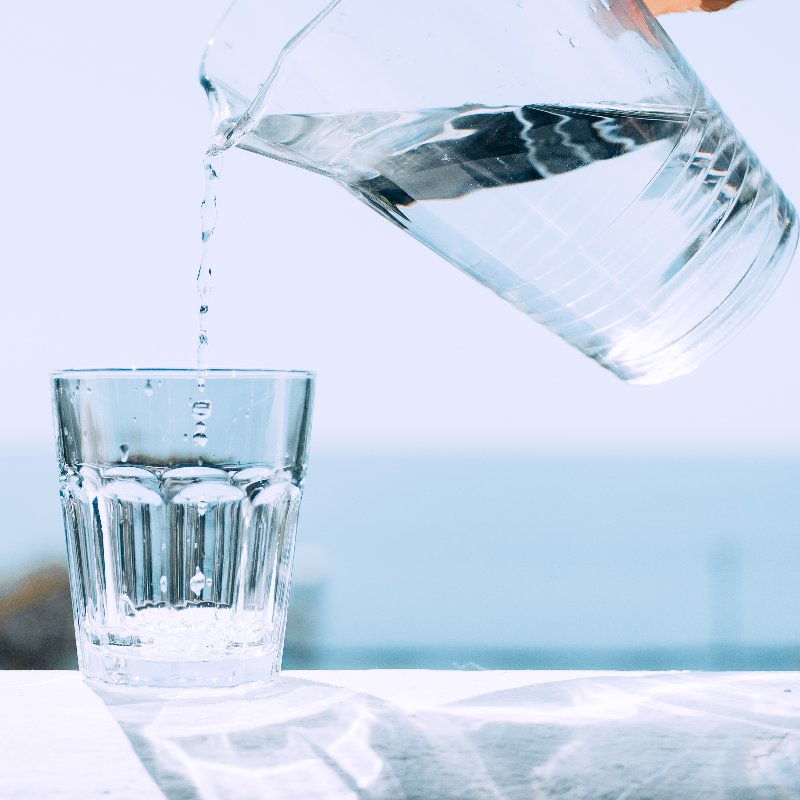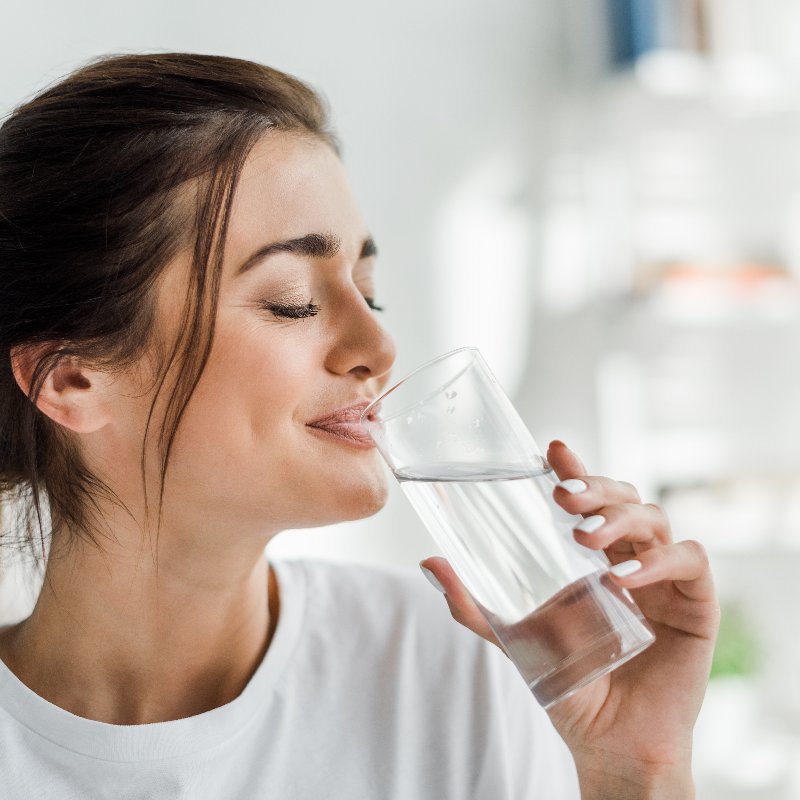
Taking Care of Chlorine in Your Water
Summer is upon us, so private and public pools are cleaning and chlorinating the water to make it healthy and safe for our use. So, if chlorine is a good thing, why are we concerned with chlorine removal from our drinking water? Well, you’ve heard the old saying, “You can have too much of a good thing.”, and that is true of chlorine and drinking water.
So, is chlorine bad for you, really? While chlorine is important in swimming pools, generally, there isn’t enough to cause any harm. Our eyes get red and burn for a bit, too much swimming time can cause our skin to dry out, but it isn’t deadly if the instructions are followed. What about our drinking water though, is chlorine really in the water we drink?
It is necessary for sanitizing the water, making it safe to consume. Proper concentrated amounts of chlorine are non-toxic to humans. Chlorine is added by municipalities to assist in killing harmful bacteria, viruses, and other organisms that can make humans sick when ingested. The same reason it is added to swimming pools!
In the 1800s, it was discovered that chlorine had disinfecting properties, and when there were multiple deaths from assorted diseases, it was added to the water. This helped minimize the number of cholera, dysentery, and typhoid, all waterborne diseases.
How much chlorine can be in drinking water?
At the level of four milligrams per liter, or less, chlorine in drinking water is safe and is unlikely to have any repercussions on our health. Then, if there is too much chlorine, and no practice for chlorine removal, what are the side effects of chlorine in drinking water?
Again, if chlorine is good for us, why is chlorine removal so important? There are several adverse health effects when too much chlorine is ingested, among those effects are:
- Asthma: Studies have found that chlorine exposure in swimming pool water is associated with asthma symptoms during exercise. Absorbing chlorine in the body while bathing or breathing in chlorine can aggravate asthma symptoms.
- Food Allergies: Other studies found that chlorine had the same effects found when exposed to dichlorophenols. Chlorine and dichlorophenols are both found in pesticides, and those that were part of the studies had more food allergies than those not exposed to over-chlorinated drinking water.
- Abnormal Congenital: Approximately 400,000 individuals were studied, and the expectant women had children born with various birth abnormalities. Those abnormalities included brain development issues, cleft palates, and ventricular septal defects.
- Cancer: A study published in 1995 linked chlorinated water and THM byproducts with cancer of the bladder and rectum.
Can you taste chlorine?
The chlorine added to drinking water for disinfecting it often will react with plastics and rubbers like in plumbing and kitchen appliances. This results in a taste that is bitter or metallic, tasting disinfectant-like. While it tastes bad, it isn’t necessarily harmful, and while you may be quick to think there is too much chlorine, it often is because of an insufficient amount of chlorine in the water.
Is it safe to remove chlorine from tap water?
Yes, it is safe; in fact, there are filters designed for chlorine removal. Do water filters remove chlorine? Yes, there are different types of water filters for chloramine and chlorine removal as well as other chemicals and minerals that affect your drinking water. Among those filters and methods are:
- Reverse Osmosis
- Ultraviolet Light
- Activated Carbon
Activated Carbon is an efficient technique for chloramine and chlorine removal. In addition, Activated Carbon has adsorption properties and is a catalyst for converting chlorine to chloride which is absorbed easier.
How do I get the chlorine out of my water?
Chlorine removal can be done by any of the following ways:
- Water Distillers: As much as 97% of the element chlorine removal can happen.
- Reverse Osmosis: The ideal way to remove pollutants and toxins.
- Ultraviolet Light: Chlorine removal with UV light with 180nm to 200nm wavelength.
- Evaporation: The best and most natural chlorine removal is done by evaporation.
- Water Filter: This device will perform the chlorine removal needed to rid the smell and taste that we don’t like.
- Activated Carbon Filter: Chlorine removal with a water filter pitcher that uses activated charcoal.

In The End
If you invest in any of the chlorine removals processes listed here, what are the health benefits of filtering chlorine out of your water? The benefits of chlorine removal from your drinking water include:
- Metals or Minerals Removed
- Better Smell and Taste
- Bad Bacteria Removed
- Necessary Minerals and Vitamins Provided
Before investing in any chlorine removal system, have your water tested by a professional lab. Testing will confirm what is your water so that you can purchase the filter that is most helpful.
